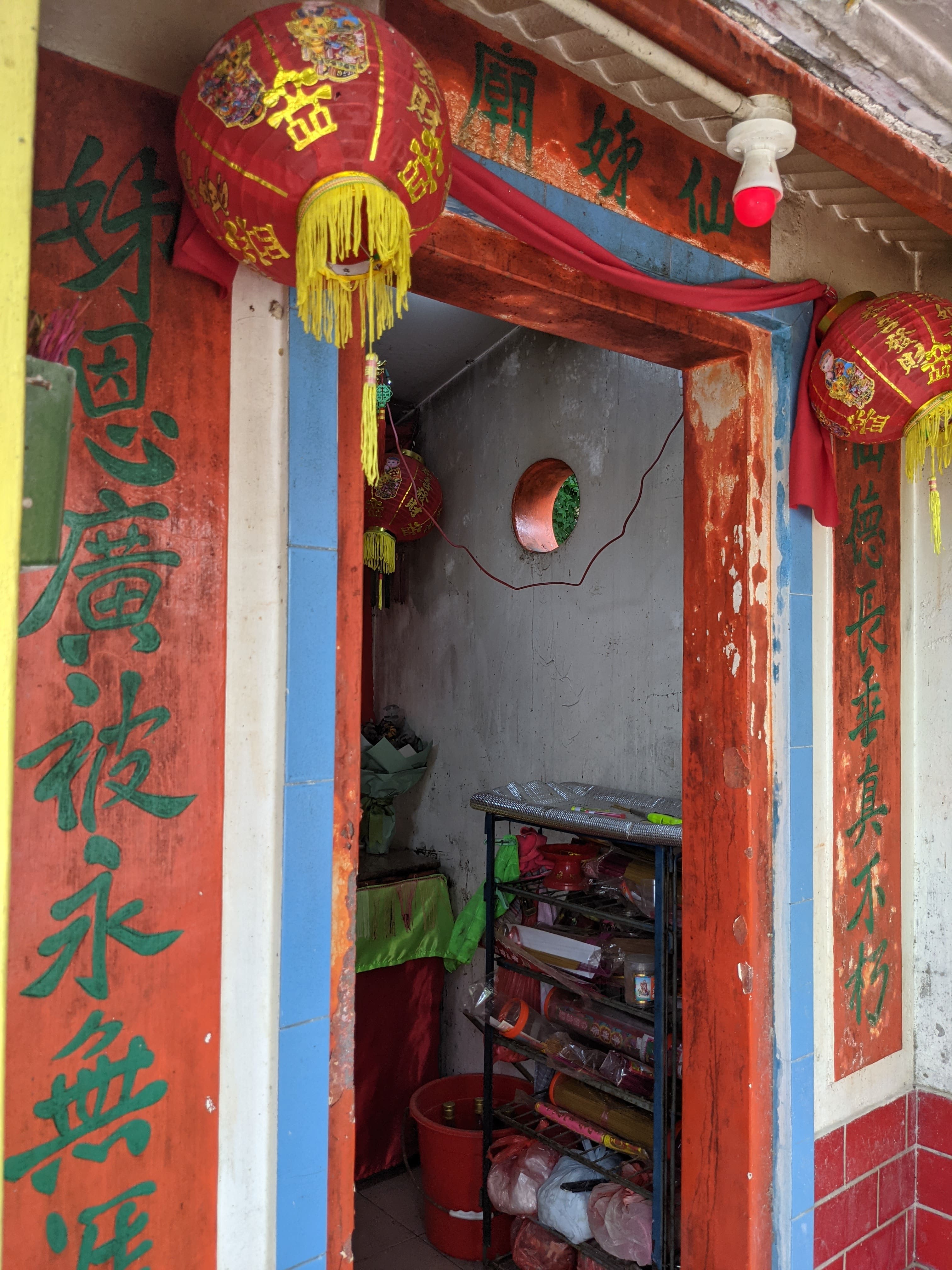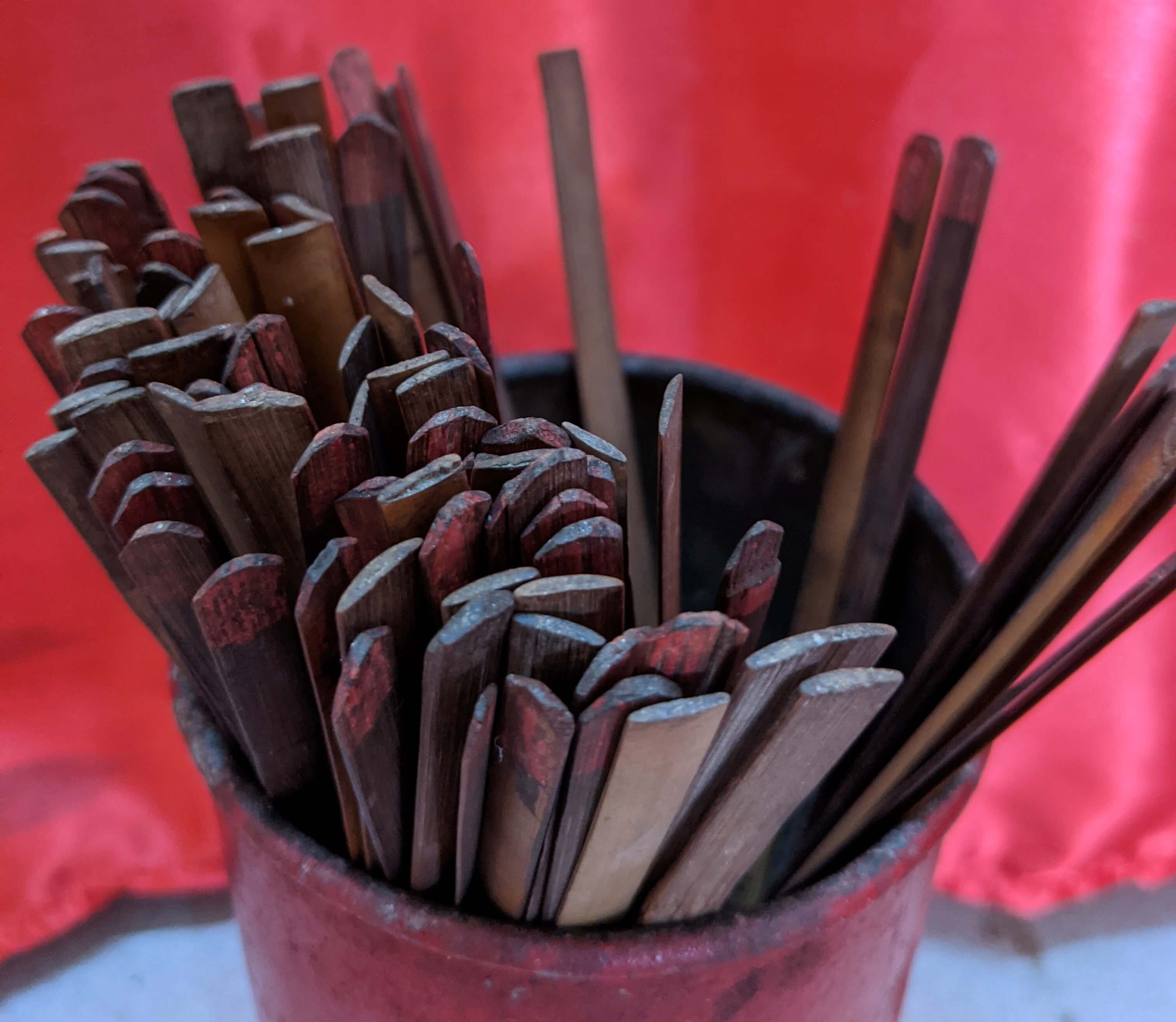The fabled weaving maid is the seventh daughter of the heaven queen. Because she envies the worldly life, she secretly transform into a pigeon to fly down to the earth, but was pursued by an eagle. Fortunately, a righteous cow-herder rescued her life. To repay for the kindness, she was married to the cow-herder. After the marriage, the cow-herder continues farming, and the weaving maid started make cloth for living, later, they also gives birth to a boy and a girl, living life simple and happily together.
As this was forbidden, when the queen found out, she was extremely angry and sent the invincible force to seize the weaving maid. Afterwards the cow-herder was extremely grieved and tried to traveled to the heavenly palace, with his children wrapped in a cowhide, to find the weaving maid. In order to keep them apart the queen created a mighty river with turbulent waves in between them with her gold hairpin. Having been separated from their mother, the children started crying loudly and the weeping sound moved the queen, so she let the magpies fly to the river bank once per year on the seventh day of the seventh month to build a bridge that allows the family to reunite. So the seventh day of the seventh month of the lunar calendar has become the seven sister festival or maiden festival.
The Peng Chau seven sister temple was constructed in 1954. According to the temple management descendant's story, his father-in-law once went to sea to catch fish. The net caught a woodcarving, which after he went home became a toy for the granddaughter to play. Hereafter, Mr. Chow reported a dream that the statue are the seven immortals elder sister's incarnation and instructed Mr. Chow to build and consecrate a temple to bless the island's inhabitants.
After construction of the temple, the believers make offerings and prayers on the seventh day of the seventh lunar calendar. This festival used to be extremely lively, so it's a pity that today fewer and fewer perform the rituals and the occasion is less festive.


